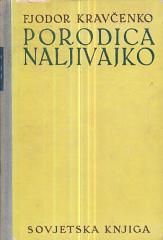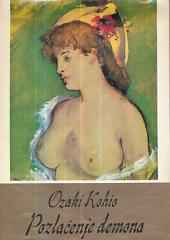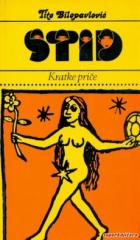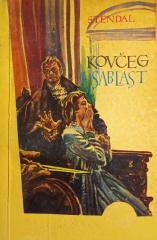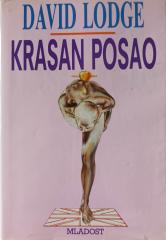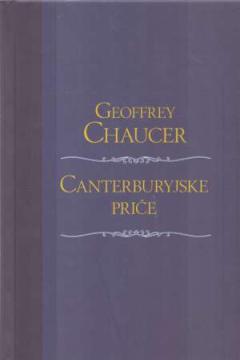
Canterburyjske priče
Zbirka priča Džefrija Čosera, uglavnom u stihovima, napisana na srednjem engleskom između 1387. i 1400. To je jedno od temeljnih dela engleske književnosti. Delimično je napravljen po uzoru na Dekameron Đovanija Bokača.
Zbirka je uokvirena pričom o 30 hodočasnika koji su iz okoline Londona krenuli u Kenterberi u provinciji Kent, kako bi se poklonili grobu Tomasa Beketa. Hodočasnici su predstavnici različitih društvenih klasa, profesija i ličnosti. Pre odlaska, okupljaju se u Tabard Inu i dogovaraju se da imaju takmičenje u pripovedanju na putu do Kenterberija i nazad. Čoser je planirao da napiše oko stotinu priča, po dve za svakog hodočasnika na izlasku i na povratku. Do kraja života napisao ih je 24, od kojih 22 u stihu (Jampa ten), a dva u prozi. Priče se razlikuju po žanru od viteških romansi, narodnih priča, legendi i basni o svecima do himni, alegorija, pa čak i alhemijskih izveštaja. Teme i priče su preuzete iz Dekamerona, francuske književnosti i lokalnih legendi. Prožeti su ironijom, humorom, a ponekad i satirom. Odlikuju se jednostavnošću i lakoćom izlaganja i upotrebe poslovica, mudrih izreka i drugih odlika tadašnjeg narodnog jezika.
Dva primerka su u ponudi
Primerak broj 1
- Požuteli listovi
